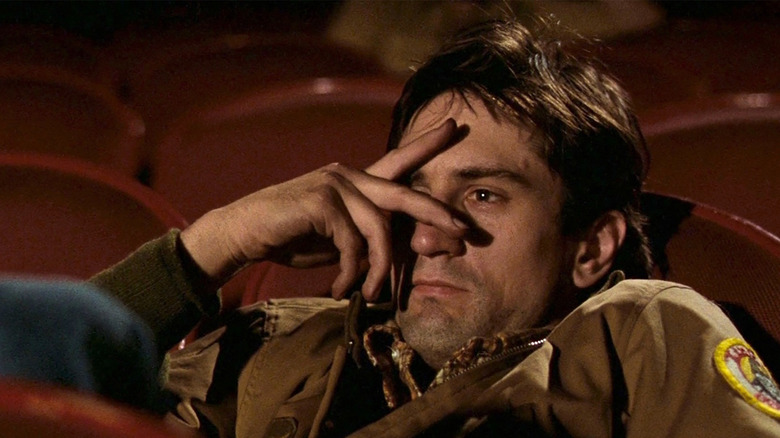Fascism’s mobilizing passions, and the apocalyptic fantasies of Trumpism

In his book The Anatomy of Fascism, Robert Paxton identifies what he calls the “mobilizing passions” that provide the emotional engine for fascist movements. (Paxton notes that fascism has always been much more “an affair of the gut” than the mind — hence the absence of any elaborately articulated fascist ideology, unlike those put forth by the proponents of its main competitors ideological competitors: liberalism, socialism, and conservatism).
A sense of overwhelming crisis beyond the reach of any traditional solutions;
The primacy of the group, toward which one has duties superior to every right, whether individual or universal, and the subordination of the individual to it;
The belief that one’s group is a victim, a sentiment that justifies any action, without legal or moral limits, against its enemies, both internal and external;
Dread of the group’s decline under the corrosive effects of individualistic liberalism, class conflict, and alien influences;
The need for closer integration of a purer community, by consent if possible, or by exclusionary violence if necessary;
The need for authority by natural chiefs (always male), culminating in a national chieftain who alone is capable of incarnating the group’s historical destiny;
The superiority of the leader’s instincts over abstract and universal reason;
The beauty of violence and the efficacy of will, when they are devoted to the group’s success;
The right of the chosen people to dominate others without restraint from any kind of human or divine law, right being decided by the sole criterion of the group’s prowess within a Darwinian struggle.
The Anatomy of Fascism, pp. 219-220 (2004).
This list came to mind when I read Paul Krugman’s essay this morning about the apocalyptic fantasies at the root of Trumpism.
Patrick Deneen’s “Regime Change” describes America thus: “Once-beautiful cities and towns around the nation have succumbed to an ugly blight. Cratering rates of childbirth, rising numbers of ‘deaths of despair,’ widespread addictions to pharmaceuticals and electronic distractions testify to the prevalence of a dull ennui and psychic despair.” And he attributes all of this to the malign effects of liberalism.
When I read such things, I always wonder, do these people ever go outside and look around? Do they have any sense, from personal memory or reading, of what America was like 30 or 50 years ago?
It’s true that U.S. society has changed immensely over the past half-century or so, and not entirely in good ways: Inequality has soared, and deaths of despair are a real phenomenon. (More about that later.) But many right-wing critiques of modern America seem rooted not just in dystopian fantasies but in dystopian fantasies that are generations out of date. There seems to be a part of the conservative mind for which it’s always 1975.
Krugman points out that cities are much safer now than they were 50 years ago, that divorce and teenage pregnancy rates are way down, and that “deaths of despair,” while a real problem, are concentrated in rural and exurban red America, not in the cosmopolitan cities of the blue states.
This is all true, but what it misses is that “America” really is in radical decline, if “America” is actually a synonym for white supremacy. THAT is “the overwhelming crisis beyond the reach of any traditional solutions.” That belief — and it is a true belief, unlike all the Travis Bickle-style right wing fantasies regarding our supposedly dystopian cities and degenerate culture — is the emotional engine at the root of Trumpism. And that emotional engine is precisely the one identified by Paxton, in his canny analysis of the fascist corpse that has been revivified in the 20 years since he wrote his book.


